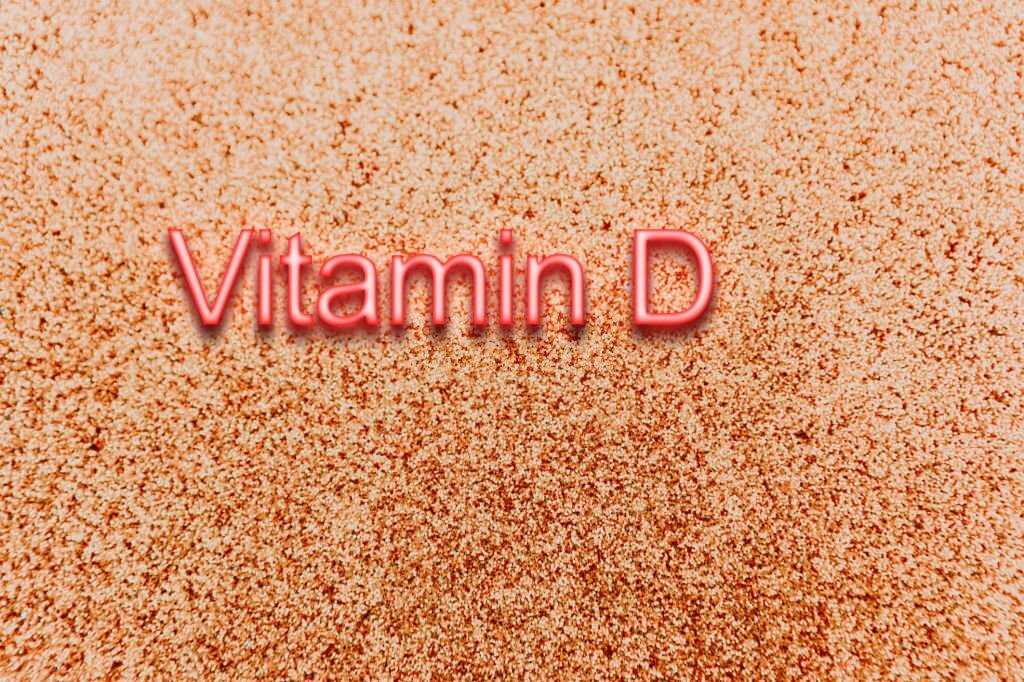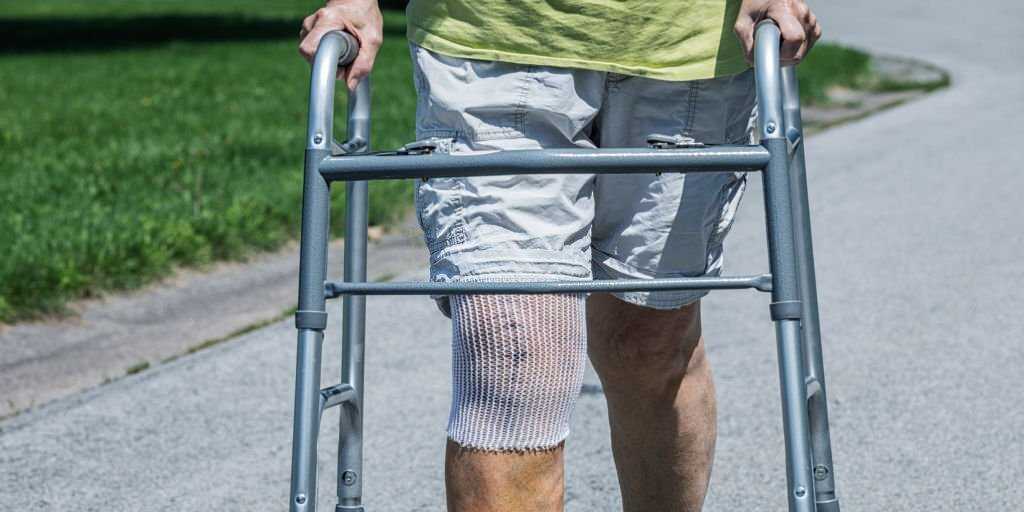Health
14 Signs Of Vitamin D Deficiency In Your Body

Vitamin D is one of the most important vitamins in your body, and low levels can lead to some serious health complications. But it can be hard to tell if you’re truly suffering from vitamin D deficiency because it often causes no symptoms at all, especially in its earliest stages. Luckily, there are some clear 14 signs of vitamin D deficiency that you can watch out for so you can start correcting your intake immediately.
What Is Vitamin D Deficiency?
When your body doesn’t produce enough vitamin D, you get a vitamin D deficiency. Multiple factors, such as insufficient sun exposure, a bad diet, and certain medical disorders, might cause this.
There are a few things you may do to raise your levels of vitamin D if you think you may have one. Start by increasing your exposure to the sun, eating vitamin D foods, and taking supplements.
Vitamin D sometimes referred to as the “sunshine vitamin,” is mostly obtained through sunlight. Loss of bone density, fractured bones, and several other medical conditions can result from a vitamin D deficiency. When your skin is exposed to sunshine, your body converts cholesterol into vitamin D.
Here Are 14 Signs Of Vitamin D Deficiency You Should Know About…
1. Muscle Cramps And Spasms
Muscle cramps can also be caused by a lack of vitamin D. In fact, they are one of the most common signs of vitamin D deficiency. Muscle cramps and spasms occur when calcium and magnesium levels in the body are out of balance, causing muscles to contract involuntarily. If you suspect that you may have a vitamin D deficiency, talk to a doctor before making any changes to your diet or lifestyle.

2. Painful Bones
Another sign of vitamin D deficiency is painful bones. Vitamin D plays a role in the absorption of calcium and phosphorus, which are both essential for healthy bones.
Vitamin D also helps regulate parathyroid hormone levels, which are important for maintaining bone density and preventing osteoporosis.

3. Fatigue
If you notice a lack of energy, fatigue, or tiredness that does not dissipate with rest, it could be the result of vitamin D deficiency symptoms. Vitamin D helps your body absorb calcium and phosphorus which are critical for bone health. Without adequate amounts of these nutrients, your bones can become weak and brittle. If you’re suffering from fatigue or tiredness due to a vitamin D deficiency it could also be because your body isn’t getting enough sleep.

4. Reduced Endurance
Vitamin D is crucial for keeping your body energized, reduced endurance may indicate a vitamin D deficiency. You could struggle to maintain your energy level during physical activity if you don’t get enough vitamin D. This can make it harder for you to engage in physical activity and make you tired.

5. Mood Swings
If you are experiencing mood swings, it’s possible that a vitamin D deficiency is to blame. Vitamin D is needed to maintain a healthy nervous system and helps regulate the production of serotonin and dopamine, which are neurotransmitters that help regulate your mood. If you’re deficient in vitamin D, there’s a chance that your mood can be affected as well.

6. Problems Sleeping Well
This may not seem like a typical sign of vitamin D deficiency, but it is because the nutrient helps regulate sleep cycles. One study found that people with lower levels of vitamin D had more trouble falling asleep than those with higher levels. Plus, when you don’t get enough sleep or you wake up frequently during the night, you may be more likely to sickness, which can also lead to low levels of vitamin D.

7. Head Sweats And Migraine Headaches
Head sweats and migraine headaches are also low vitamin d symptoms in adults. And head sweats, which occur when a person has a fever and sweats excessively from the head but not elsewhere on the body, are more common in people with low levels of vitamin D. Migraine headaches may also be associated with a lack of this nutrient.

8. Losing Hair
If you are experiencing hair loss, it could be a sign of vitamin D deficiency. Vitamin D is responsible for maintaining healthy skin and hair, making this deficiency difficult to diagnose. Many people assume that hair loss is simply part of the aging process or stress-related—but in reality, it might be caused by a vitamin D deficiency.

9. Wounds Heal Slowly
If you experience chronic wounds, impaired wound healing, or slow healing time, these are signs that your body is experiencing a vitamin D deficiency. Vitamin D plays an integral role in regulating calcium absorption and promoting cell growth, so without it, your body can’t fully heal itself.
Vitamin D deficiency can also lead to a heightened risk of infections which means even minor cuts or scrapes could become serious if left untreated due to low levels of vitamin D in the body.

10. Dizziness
Many people don’t know that vitamin D is required for the proper functioning of the immune system. Without enough vitamin D, you’re more likely to get sick. One sign that you may be lacking vitamin D is dizziness. You could experience more obvious symptoms of dizziness if you are deficient in vitamin D. The daily tasks of walking or driving may become tough as a result.

11. Heart Problems
Numerous issues with your heart might result from a vitamin D deficiency symptom. First, low quantities of this vitamin may cause blood pressure to rise. This is because vitamin D is necessary to maintain the health of your blood vessels; otherwise, they may weaken and result in high blood pressure.
Second, having low vitamin D levels can raise your risk of getting heart disease. This is because you may be more susceptible to developing heart disease without this vitamin, which is necessary for maintaining the health of your heart.

12. Frequent Infections
One of the most common signs of vitamin D deficiency is frequent infections. The immune system requires vitamin D to function properly, and without it, the body’s ability to fight infection can be compromised.
Vitamin D deficiency is a very common problem that affects millions worldwide. The majority of people who have a vitamin D deficiency don’t even realize it and if we can’t control the vitamin D deficiency at the initial stage, their symptoms will only get worse over time.

13. Excessive Body Weight/ Weight Gain
Vitamin D is necessary for maintaining a steady metabolism, thus a lack of it might lead to weight gain. Your metabolism may slow down without vitamin D, making it more challenging to lose weight. This may cause health issues like obesity and might be irritating.

14. Reduced Cognitive Function
Your cognitive function may be affected, which may be a symptom that you may be vitamin D deficient. This is because vitamin D is crucial for maintaining the health of your brain; without it, you could struggle to think properly or recall things. Consequently, it could be challenging to carry out regular tasks like cooking or driving.

Some natural foods which have Vitamin D are written as follows:
1. Fatty fish like salmon, trout, etc.
2. Canned fish like herring and sardines
3. Egg yolks
4. Beef liver
5. Fish liver
6. Cod Liver Oil
Some fortified foods from which you take Vitamin D are written as follows:
1. Breakfast cereals
2. Milk
3. Almond milk
4. Soy milk
5. Orange juice
6. Oatmeal
You may feel more severe symptoms of low vitamin D, such as bone pain, muscular weakness, fatigue, reduced endurance, problems sleeping well, sweaty head, dizziness, recurring infections, or even depression if your vitamin D levels are incredibly low. Additionally, you can have an increased risk of achieving conditions like osteoporosis or heart disease.
Yes. Since vitamin D is a fat-soluble vitamin, it can accumulate in the body and have negative consequences. A high blood calcium level can result from taking too much vitamin D and can induce nausea, vomiting, disorientation, and even death.
You should discuss the proper dosage for you with your doctor if you use vitamin D supplements.
You can be at risk for bone loss, cancer, heart disease, or other 14 signs of vitamin D deficiency if you don’t get enough vitamin D. Weakness and fatigue are some other symptoms of a vitamin D deficiency. A vitamin D deficiency may also put you at risk for a panic attack.
Anxiety and sadness are only two mental health issues that can be brought on by a vitamin D deficiency. If you suspect a vitamin D deficiency, you should consult a medical doctor.


